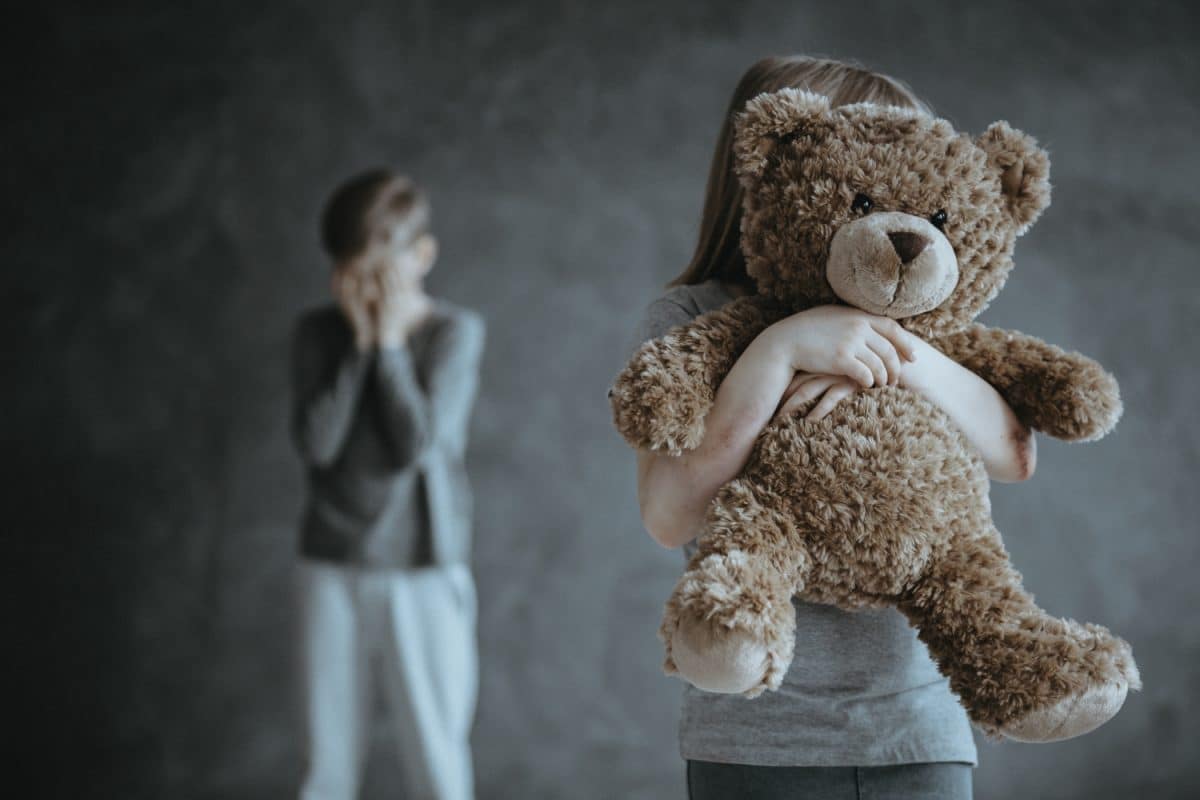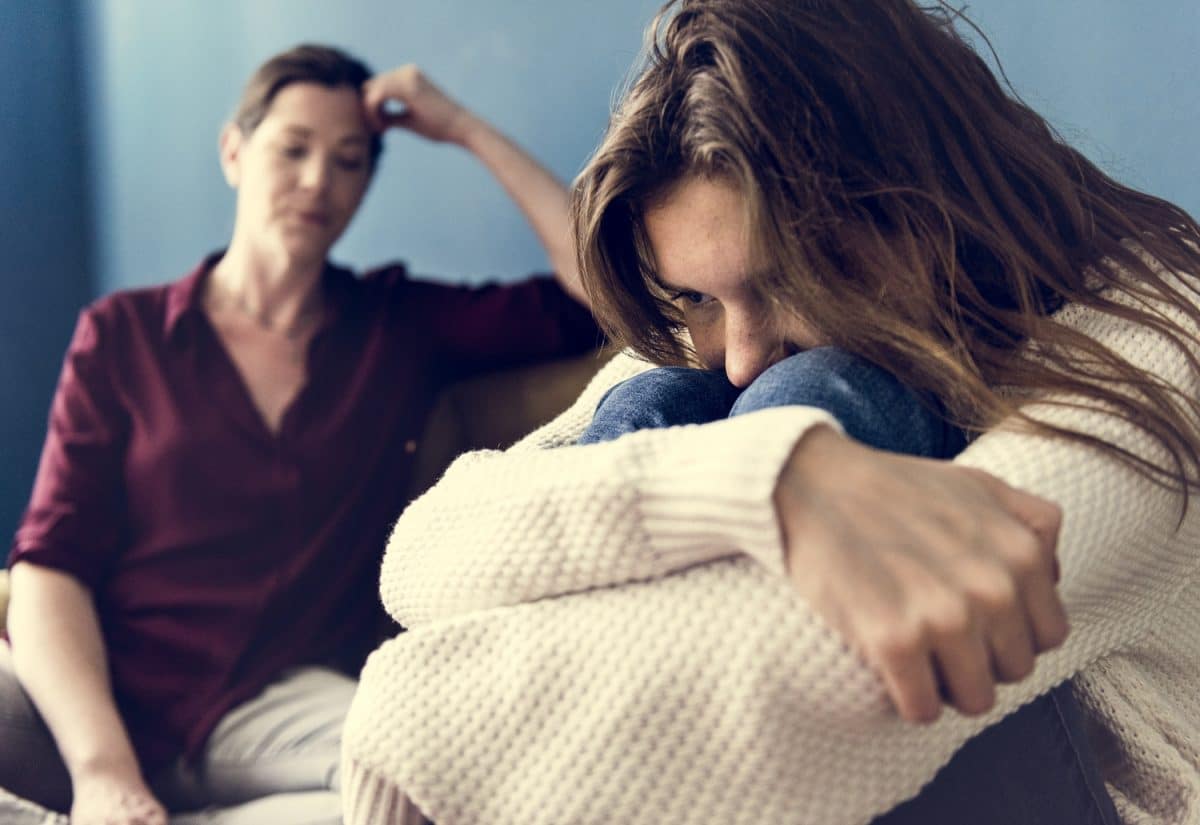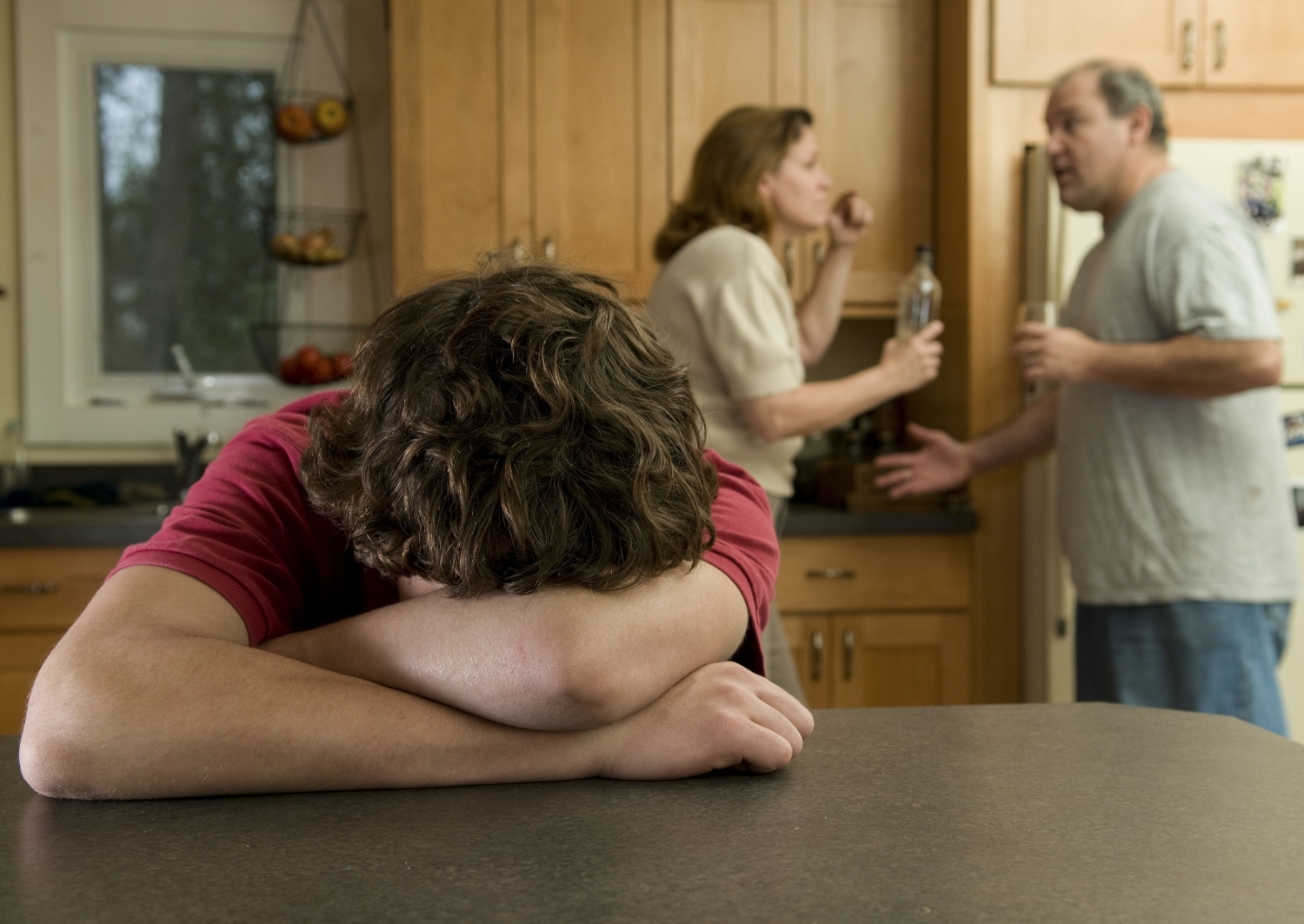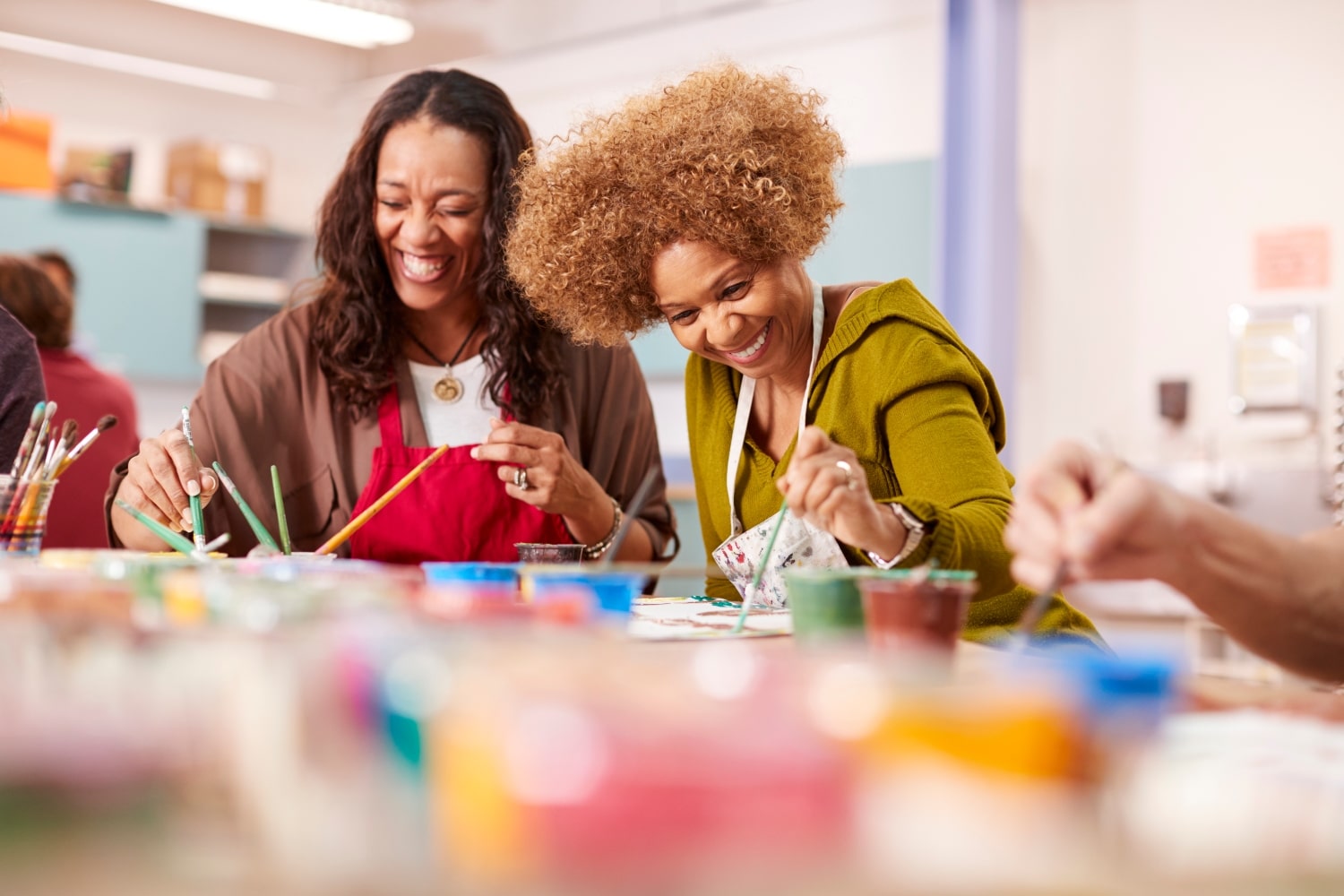Parental conflict can significantly impact children’s outcomes, whether two people are married, separated or divorced.
Depending on how severe parental issues are, some of these outcomes can be detrimental to the children involved.
Various studies have shown that children exposed to long-lasting conflict between parents are more likely to demonstrate internalising and externalising behaviours.
Let us explain what all this means.
The effects of parental conflict on children
A study by the Early Intervention Foundation found that children exposed to an ongoing conflict between parents are more likely to exhibit specific characteristics and traits than children without these experiences.
Conflict is expected in relationships – it would be bizarre if two people managed to live their whole lives without experiencing conflict now and then. According to the researchers, occasional tension between parents is not usually what fuels childhood trauma.
However, there is an increasing body of evidence to show that specific variables surrounding the conflict may cause issues, particularly for the children involved.
The frequency and intensity of parental conflict and its effects on children
The researchers noted that when parental conflict is poorly resolved, frequent or intense, such factors can negatively impact children’s outcomes. (Measuring parental conflict and its impact on child outcomes, Early Intervention Foundation, Dr Ines Pote, Dr Virginia Ghiara, Dr Ekaterina Cooper, Laura Stock, Tom McBride, 24 March 2020).
Supporting healthy family dynamics
The researchers stressed the importance of supporting healthy family relationships, mainly where parental conflict is frequent and severe.
Early intervention and support from local services and communities may help families deal with conflict better – a strong focus on supporting children is also essential to prevent adverse outcomes in the future.
The developing brain
Children are incredibly vulnerable to what happens in their immediate environment – you may look at the developing brain like a sponge; it soaks everything up quickly.
But that’s not all.
Young children and adolescents often internalise their parents’ and caregivers’ behaviours and actions.
Addiction and mental health specialist Gabor Mate explains this point further – “Infants and small children often have narcissistic qualities in that they believe the world centres around them – thus they tend to internalise their parent’s behaviour (good or bad).”
For example, if a child’s mother or father is angry or upset, they may think it’s their fault, believing they are the reason for the parents’ sadness, anger or distress.
To the infant’s brain, people are extensions of the self, meaning that young children cannot separate others’ moods and emotions from their own.
Young children have no real context or understanding of other people’s behaviour.
As a result, they may believe that when someone is happy, sad, angry, and so forth, all this emotion says something about them; this is not surprising since young children often see other people as an extension of themselves.
Internalising and externalising behaviours
The researchers suggested various child outcomes of parental conflict, including internalising and externalising behaviours.
Let’s take an in-depth look at what all this means.
Internalising behaviours

The researchers noted that children exposed to an ongoing parental conflict are more likely to engage in “internalising behaviours”, a term used by psychologists to explain how young children process stress, trauma and other conflicts.
These child outcomes include:
- Fearfulness
- Sadness
- Withdrawal and isolation symptoms
- Anxiety and depression
- Shyness
- A lack of confidence and self-esteem
- Suicidal thoughts and behaviours (in severe cases)
Externalising behaviours
Externalising behaviours manifest differently; they are outward expressions of something deeper and more underlying.
For instance, when a child observes frequent negativity or conflict between their caregivers or parents, they may “act out” or behave in destructive ways.
Essentially, the child “externalises” these experiences, which may look like this:
- Hostility
- Aggression
- Physical and verbal violence
- Non-compliant behaviour
- Conduct disorder
- Vandalism or other criminal acts
- Anti-social or disruptive behaviours
- Bouts of uncontrollable anger
- Drug or alcohol abuse
How parents cope with relationship conflict is vital to future child outcomes.
The researchers also suggest that parents’ coping styles around relationship difficulties are integral and may influence overall family outcomes.
For instance, how parents resolve conflict, communicate and respect one another is critical.
Moreover, how parents view a child’s perception of these conflicts and how children adjust to these experiences are keys to understanding how to support children through this challenging process.
A healthy approach to co-parenting
Healthy co-parenting practices are another vital component of supporting children through family conflict.
For instance, how parents communicate and cooperate with a child and each other may help prevent or reduce future adverse outcomes for children.
Parental conflict and childhood trauma complications

In severe parental conflicts, such as intimate partner violence – studies show that children of all ages exposed to this type of trauma may experience various effects and complications.
These complications vary and can depend on a child’s age and developmental stage when the events occur.
The research literature says that children who witness physical abuse from one parent to another may feel anxious and fearful.
How children respond to these traumas depends on the severity of the abuse witnessed and the child’s age.
Let’s look at the effects these traumatic experiences can have on children.
- Children of preschool age – Young children exposed to domestic violence at this age may engage in specific behaviours such as thumb-sucking, increased crying and bed-wetting. Studies show that children may also have trouble sleeping and show signs of being scared (such as hiding or stammering). They may also show signs of profound anxiety separation.
- Children of school age – Children exposed to intimate partner violence at this stage may blame themselves for what is happening. They may also complain of frequent stomach aches and headaches and get poor grades at school. Low self-esteem is also a common issue for children of this age group witnessing domestic violence.
- Teenagers – Teenagers who witness domestic violence at home may engage in externalising behaviours, including substance abuse (like drugs and alcohol), skipping school, getting into fights with other children, bullying others, and having low self-esteem.
Studies show that boys abused in childhood are more likely to demonstrate aggressive behaviours, whereas girls are more likely to withdraw and experience depression.
Living through the trauma of parental conflict – a child’s perspective
Early intervention can prevent children witnessing parental conflict or abuse from experiencing severe adverse outcomes later on.
Risk factors and complications
Infants and young children who witness ongoing conflict between their parents may develop unhelpful beliefs and perceptions about the self and the world, eventually leading to destructive or risky behaviours such as substance abuse and violence.
Children in these cohorts are also at higher risk of developing specific mental health disorders such as depression, anxiety, addiction and personality disorders.
Chronic childhood trauma creates various complications where children internalise and externalise their parent’s behaviour.
Ongoing help and support from local services and wider communities may help prevent or reduce these outcomes.
A child’s perspective of abuse, conflict and neglect is markedly different to adults- children have limited understanding and resources to build context around what is happening. So they often internalise these experiences instead.
Additionally, a child’s limited life experience, lack of maturation, context and understanding of a parent’s destructive behaviour are often internalised or externalised and “stored” as a trauma that the child carries into early adulthood and beyond.
Helping a child feel safe

However, there are some things that parents can do to help a child feel safer.
These vital measures include:
- Talking to your child about their fears and worries – let them know that whatever is happening is not their fault and that they can speak to you at any time about their fears or concerns.
- Helping your child feel safe – children exposed to violence or abuse need to feel safe and supported. Talking to your child about healthy, secure relationships is vital and may help them understand what is happening.
- Finding a reliable support system for your child – you can’t do everything alone. However, you can help your child by finding reliable support systems to help them, such as a therapist, school counsellor, or another trusted adult that can offer support.
- Encouraging your child to engage in therapy – specific therapies help children exposed to violence or conflict in the home process and make sense of these experiences. Cognitive behaviour therapy (CBT) is a talking therapy that may benefit children exposed to domestic violence. This therapy can help your child unpack their trauma and reframe their experiences by learning healthy ways to cope with stress.
Contacting White River Manor
The most important thing for you to know is that you are not alone.
Whether you have been exposed to ongoing abuse or conflict in childhood or as an adult, help and support are available.
Our specialist team treats and diagnoses various mental health disorders and provides individual trauma therapy for those needing help and support.
The team at White River Manor are always around to lend a supportive ear.
We provide private treatment facilities for those needing to recover in the comfort and security of a safe environment that encourages lasting healing and recovery.
Speak to a friendly team member today.
Additional resources
- Measuring parental conflict and its impact on child outcomes, Early Intervention Foundation, Dr Ines Pote, Dr Virginia Ghiara, Dr Ekaterina Cooper, Laura Stock, Tom McBride, 24 March 2020
- Effects of domestic violence on children, Office on Women’s Health







